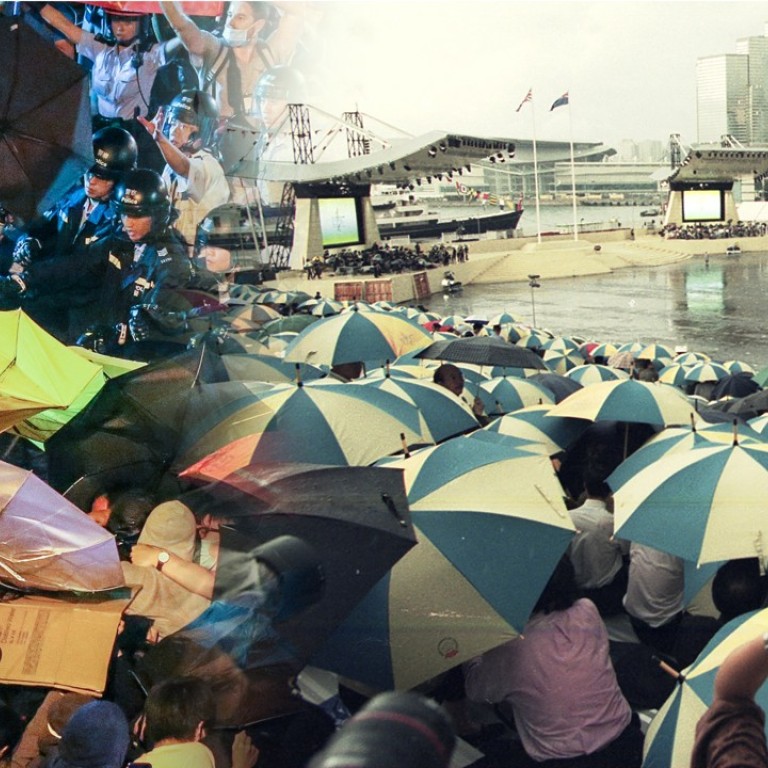Fortune magazine was talking about “the Death of Hong Kong” back in 1995. Since then, many a political coroner has pronounced this city dead many a time. Most recently, the Hong Kong government’s
refusal to renew the visa of British journalist Victor Mallet, who chaired a Foreign Correspondents’ Club talk by Hong Kong National Party founder Andy Chan Ho-tin, was
another nail in the coffin.
“The Death of Hong Kong” bandwagon is something I’ve vowed to stay off. I guess I’m guilty of believing that in some ways, Hongkongers are exceptional – not superior, but different.
I have always believed that Hongkongers were politically apathetic by choice. It was a way of surviving and not giving up – surviving colonial rule and not suffocating in the toxic atmosphere of doom and uncertainty that was the handover. That
Lion Rock spirit made sure the
horses would still be running and the dancers dancing.
In many ways, Hong Kong’s success can be attributed to an attitude that Deng Xiaoping’s son, Deng Pufang, spelt out in a
speech when he was re-elected as honorary chair of the China Disabled Persons' Federation on September 16. He said, “We must seek truth from fact, keep a sober mind and know our own place. We should neither be overbearing nor belittle ourselves.” Deng wasn’t speaking about the people of Hong Kong but it still rang true – it spoke of the way Hong Kong was.
Watch: Was Hong Kong right to deny Victor Mallet’s visa renewal?
Hongkongers were clearheaded, we knew where we stood. We navigated treacherous business environments as we did complex political landscapes.
Somewhere along the way, we lost that Lion Rock spirit. Did we become overbearing? Or perhaps we became conceited even as we lost confidence in ourselves. Watching the rise of the country, the mainland shoppers who fill luxury stores while we just can’t seem to stay on top of persistent problems, from the growing income gap that is now at its
widest in 45 years to a burgeoning mental health crisis that has been signalled by the
grimmest results of a mental health survey in seven years.
Likewise, the opening weekend of the
Hong Kong-Zhuhai-Macau mega bridge was a testament to the government’s gross underestimate of travellers. At port facilities, thousands of passengers waited for hours for
shuttle buses. Some travellers complained about the queue for Hong Kong immigration taking longer than the bus ride from Macau to Hong Kong. Hong Kong’s well-known lightning-speed efficiency is, sadly, history.
It’s not pure bad luck that our once infallible MTR had yet another
signal fault that threw the city into chaos. It’s not Murphy’s Law that the city’s flagship carrier suffered a
data breach involving 9.4 million passengers. And, really, its pathetic attempt to bury the six-months-late news in a late-night press release is just indicative of why Hong Kong has lost its edge.
We have rested on our laurels for too long. We are hung up on what we used to be. It’s time to do a bit of soul searching, and let’s think about how Deng Xiaoping’s guideline on Chinese foreign policy – “hide your edge and nurture your strength” – could apply to ourselves. A dose of healthy humility and a redirection of energy might just get us back on the right track.
Alice Wu is a political consultant and a former associate director of the Asia Pacific Media Network at UCLA


